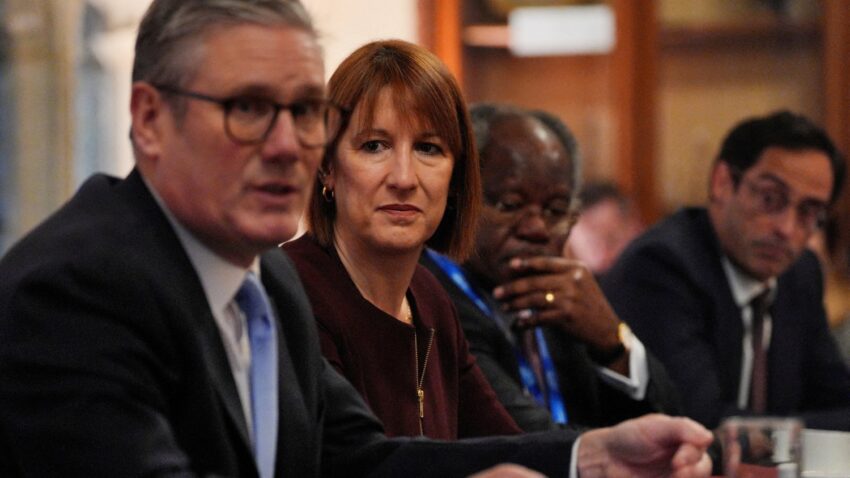According to official data from the Office for National Statistics (ONS), the UK economy unexpectedly contracted by 0.1 percent in October, marking the second consecutive monthly decline.
Economists had forecast a return to modest growth after the September slump, but uncertainty ahead of the October budget and persistently high interest rates kept both consumers and businesses from spending freely.
The ONS noted a particularly weak month for pubs, restaurants and retailers, while some professional services sectors, such as property, legal and accountancy firms, brought forward their work ahead of the Chancellor’s budget announcement.
Chancellor Rachel Reeves described the figures as “disappointing” but insisted policies are in place to deliver long-term growth. Shadow Chancellor Mel Stride argued that the latest figures showed the negative impact of the government’s decisions and pessimistic economic reports.
Economists also emphasized that the drag on growth may not be solely due to the effects of the budget. Paul Dales, chief Britain economist at Capital Economics, said higher interest rates may put more pressure on activity than expected. Although the Bank of England has cut interest rates twice this year, they remain high compared to previous years, further discouraging spending and investment.
The economy has grown just once in the past five months and is now 0.1 percent lower than before Labor took office in July. Despite the weak October figure, some experts, including HSBC’s Simon Wells, cautioned against reading too much into one month’s worth of data, as initial estimates often need revision.
In the three months to October, the economy still managed a slight growth of 0.1 percent, offering a glimmer of hope even as the short-term outlook remains uncertain.

